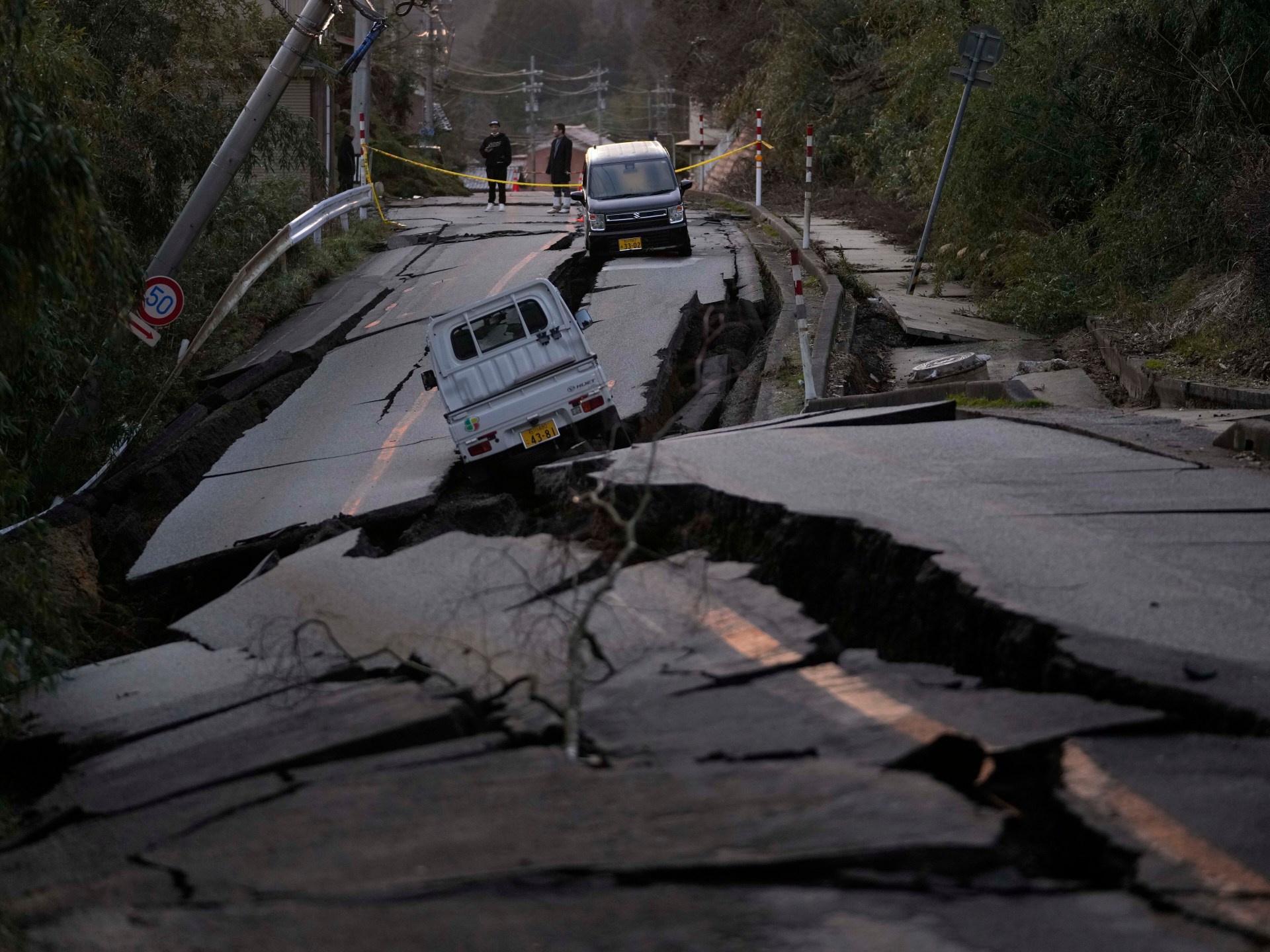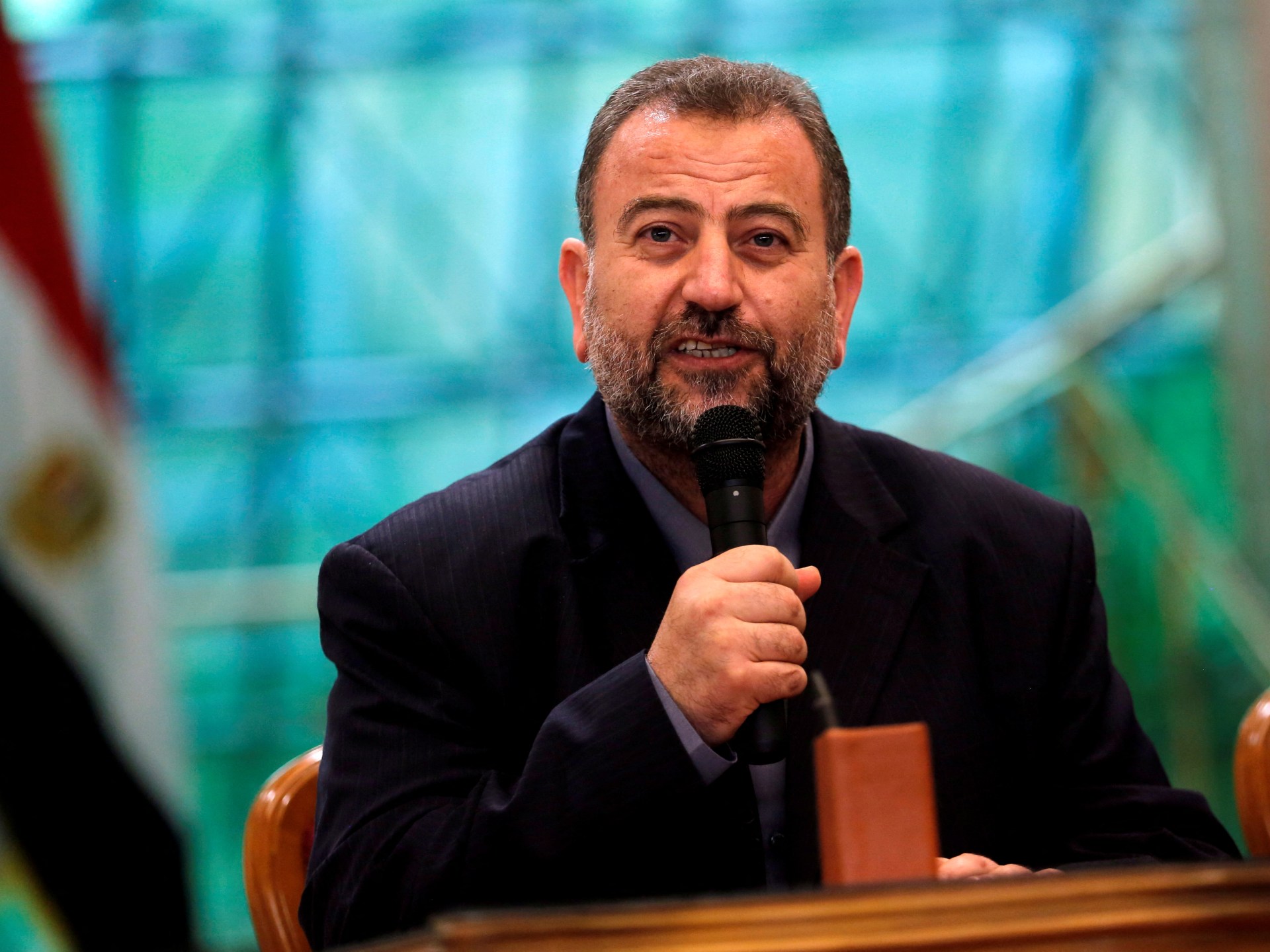India’s top court has declined to grant legal recognition to same-sex marriages, drawing criticism from LGBTQ rights activists, who dubbed the verdict “regressive”.
“The court has failed its duty to uphold the constitutional rights of the people of India not to be discriminated on the basis of their sexuality,” Pyoli Swatija, a lawyer at the Supreme Court, told Al Jazeera.
The story has made front-page headlines in the socially conservative country – the world’s most populous – over the past year, sparking furious debates online. India’s LGBTQ community has long felt like second-class citizens, facing opprobrium from the government, religious leaders and conservative elements of society.
In the court earlier this year, Prime Minister Narendra Modi’s government cast arguments in favour of extending rights as “urban, elitist views”, stating that gay marriage is “not comparable to the Indian family unit concept” comprising a husband, wife and children.
So where do same-sex couples stand after the court ruling?
What did the Supreme Court rule?
Tuesday’s ruling followed a petition arguing that the failure to recognise same-sex unions violated LGBTQ people’s constitutional rights.
While the court stopped short of allowing equal marriage, it recognised the rights of gay couples.
The ruling means that Indians will now be free to engage in same-sex relationships, assured of constitutional protection. But marrying someone of the same sex remains forbidden.
Chief Justice DY Chandrachud, who headed the five-judge bench that passed the judgement, said the right to choose a partner was the most important life decision. “This right goes to the root of the right to life and liberty under Article 21 [of India’s constitution],” he said.
“There cannot be any doubt that there is a choice to have a life partner,” said Justice Ravindra Bhat.
“It includes the right to choose a partner and enjoy physical intimacy with them, including the right to privacy, autonomy, etc, and should enjoy this right undisturbed from society and when threatened State has to protect the same.”
The other judges on the bench were Justices Sanjay Kishan Kaul, PS Narasimha and Hima Kohli.
Why did the court decline to legalise same-sex marriage?
The ruling crushed the hopes of tens of millions of LGBTQ people in India. Campaigners were bitterly disappointed that the court stopped short of defying the government and granting same-sex couples their dream of full marriage rights.
Chief Justice Chandrachud said introducing laws on equal marriage rights did not fall within the jurisdiction of the court, but was instead the preserve of parliament.
“The court, in the exercise of the power of judicial review, must steer clear of matters, particularly those impinging on policy, which fall in the legislative domain,” he added.
But Swatija, the lawyer, said: “The court gave many directions but ultimately and sadly they won’t have any effect in law … the government of India is not duty bound to follow it.”
Many believe the court was under pressure from the government. Writing in the Hindustan Times last April, Bhupender Yadav, a highly influential cabinet minister, said: “The issue of marriage concerns society and society’s opinion on this issue cannot be excluded. The voice of society is best reflected in parliament.”
Yadav, minister for labour and the environment, also wields clout as a general secretary of the ruling Bharatiya Janata Party (BJP).
What has changed for same-sex couples?
Things are changing slowly for same-sex couples in India, who have faced an uphill battle to get their rights recognised. A colonial-era ban on gay sex was lifted only in 2018. The current case was seen as a potential landmark development on LGBTQ rights in the country.
The ruling means that LGBTQ people can now engage in relationships without fear of legal repercussions. However, denied marriage rights, they have no legal status in terms of family matters, like succession, inheritance or even hospital visitation rights.
Those advocating change face opposition not only from Modi’s BJP, but also from right-wing religious groups. These include BJP’s ideological parent Rashtriya Swayamsevak Sangh and the Jamia Ulama-i-Hind, which say marriages should only be allowed between “opposite genders”.
Nitin Jain, 26, a queer rights activist based in New Delhi, told Al Jazeera that the “queer community is disappointed with the judgement”.
The court, he said, has maintained the status quo. “This is seen as an abdication of the court to fulfil its responsibilities.”
What next?
While the ruling disappointed many, there is hope that the government might grant more rights to same-sex couples, delivering on promises to set up a committee to look into obstacles they face, such as obtaining ration cards and accessing pension rights. Those changes might require amendments to family law.
Commenting on the case, Justice Kaul said legal recognition of same-sex unions was a step towards marriage equality. Campaigners are also intent on pushing for the right to adopt and raise children.
In April, the National Commission for Protection of Child Rights (NCPCR) told the court that “allowing adoption to same-sex couples is akin to endangering the children”.
Midi, 28, who lives in New Delhi and uses only the first name, told Al Jazeera that the court has abandoned people like them.
“There is hopelessness for the queers in India. I am angry and disappointed,” Midi said.
“There is a right-wing government in place and the ministers have been openly saying against queers and the LGBTQ community,” Midi said, adding that people like them go through multiple struggles at the family level, and in society, and now the court has failed them.
“It is again going to be a long struggle.”

 Movie
Movie 6 months ago
115
6 months ago
115 






![Presidents Day Weekend Car Sales [2021 Edition] Presidents Day Weekend Car Sales [2021 Edition]](https://www.findthebestcarprice.com/wp-content/uploads/Presidents-Day-Weekend-car-sales.jpg)



 English (United States)
English (United States)